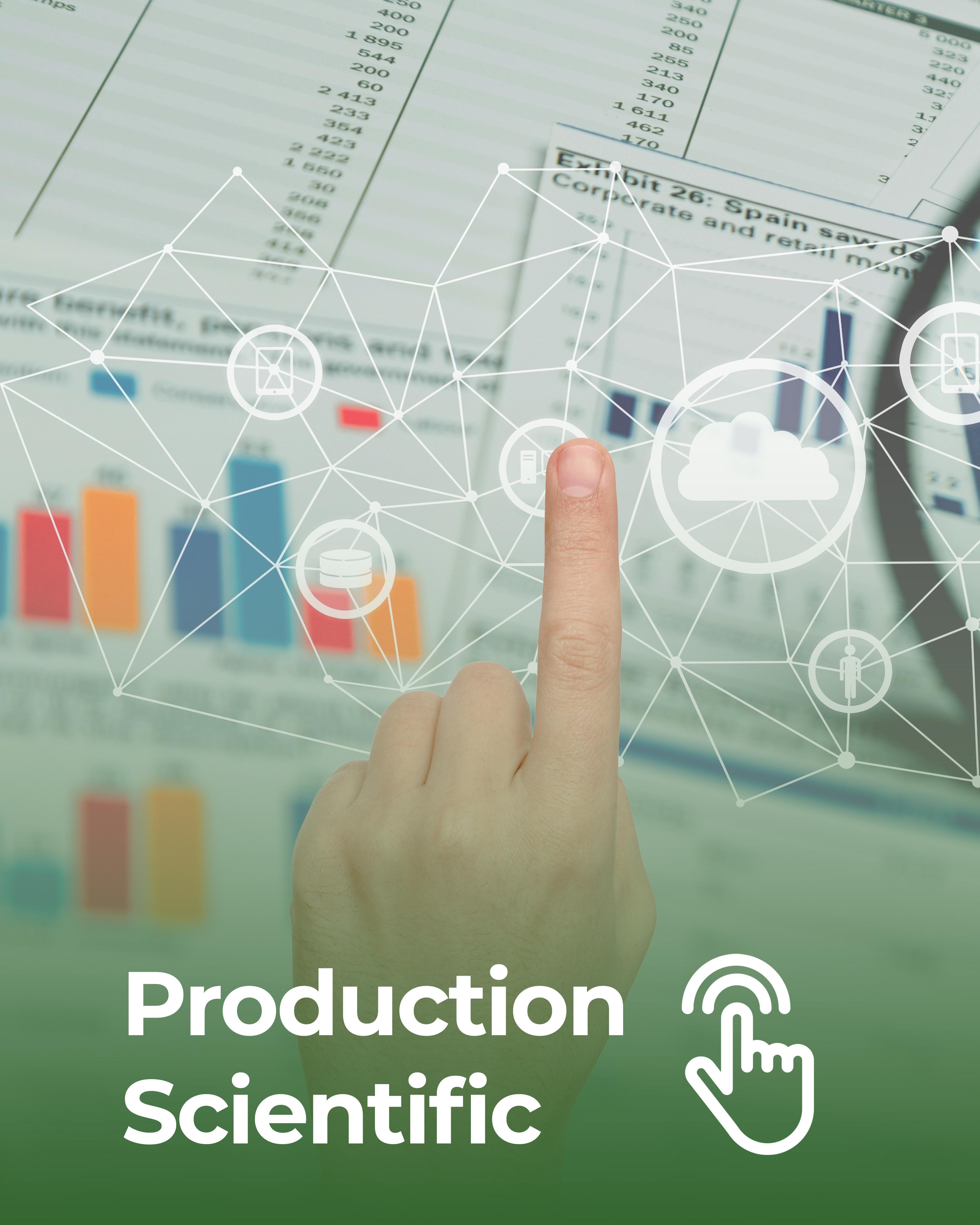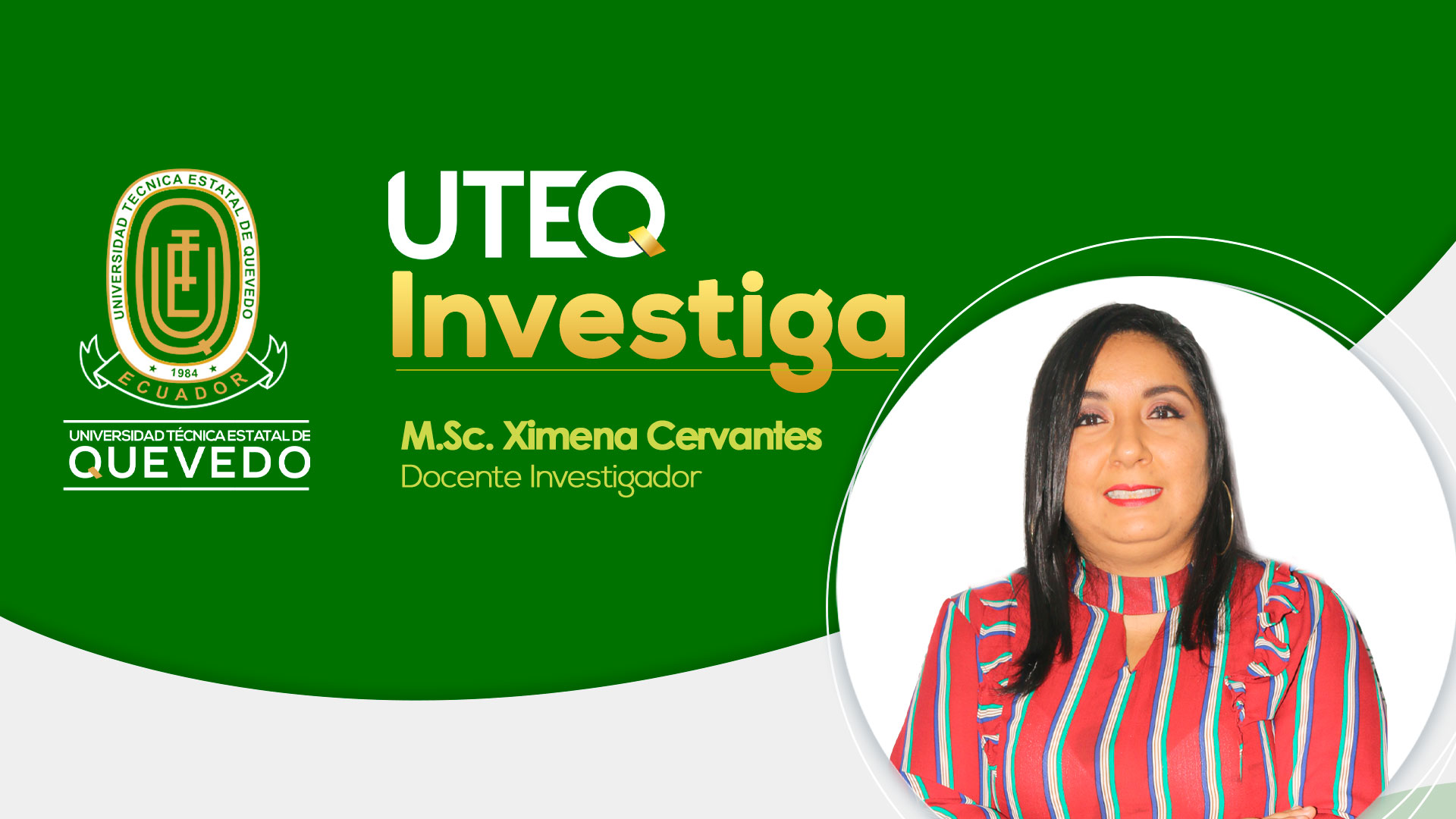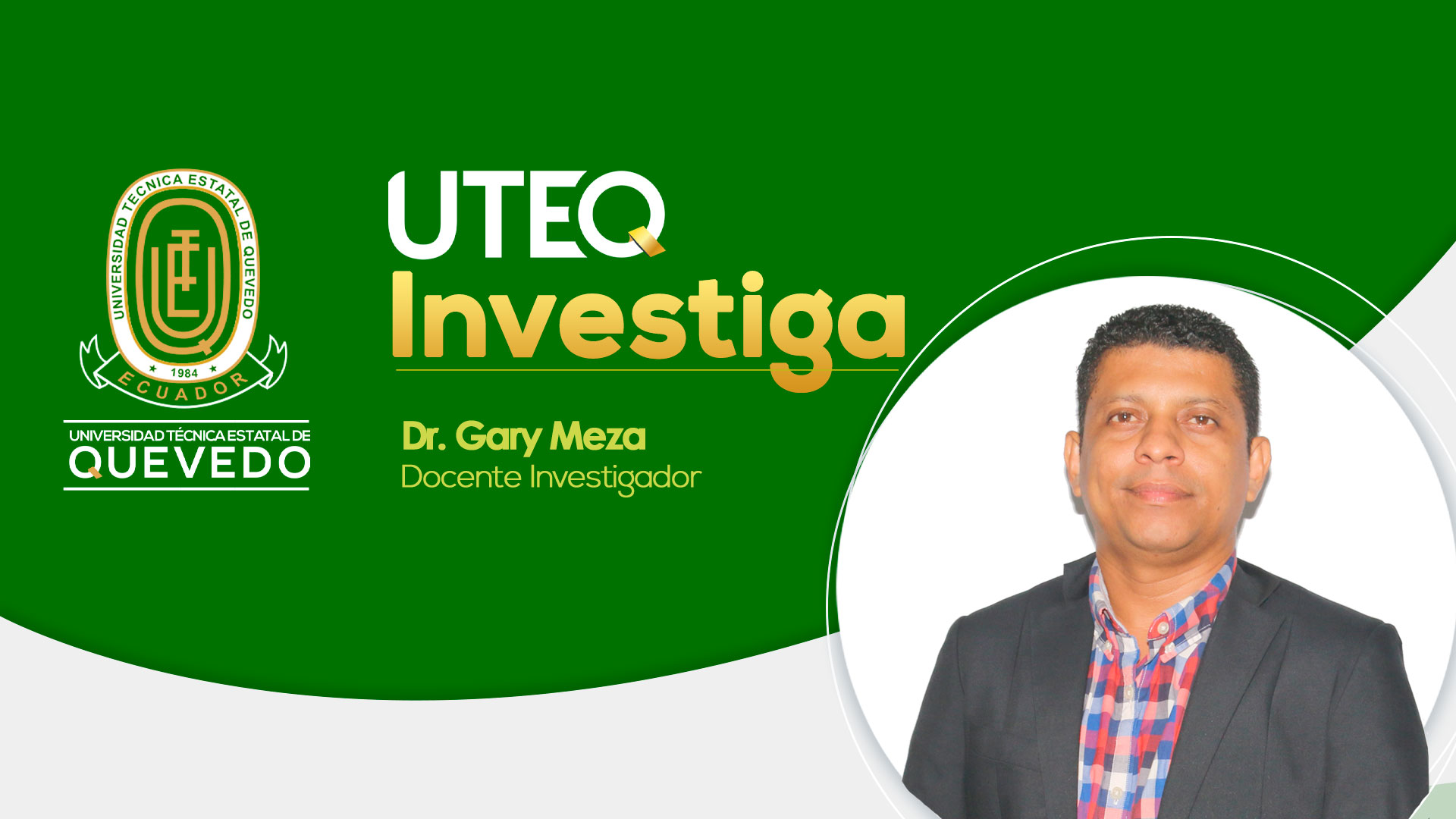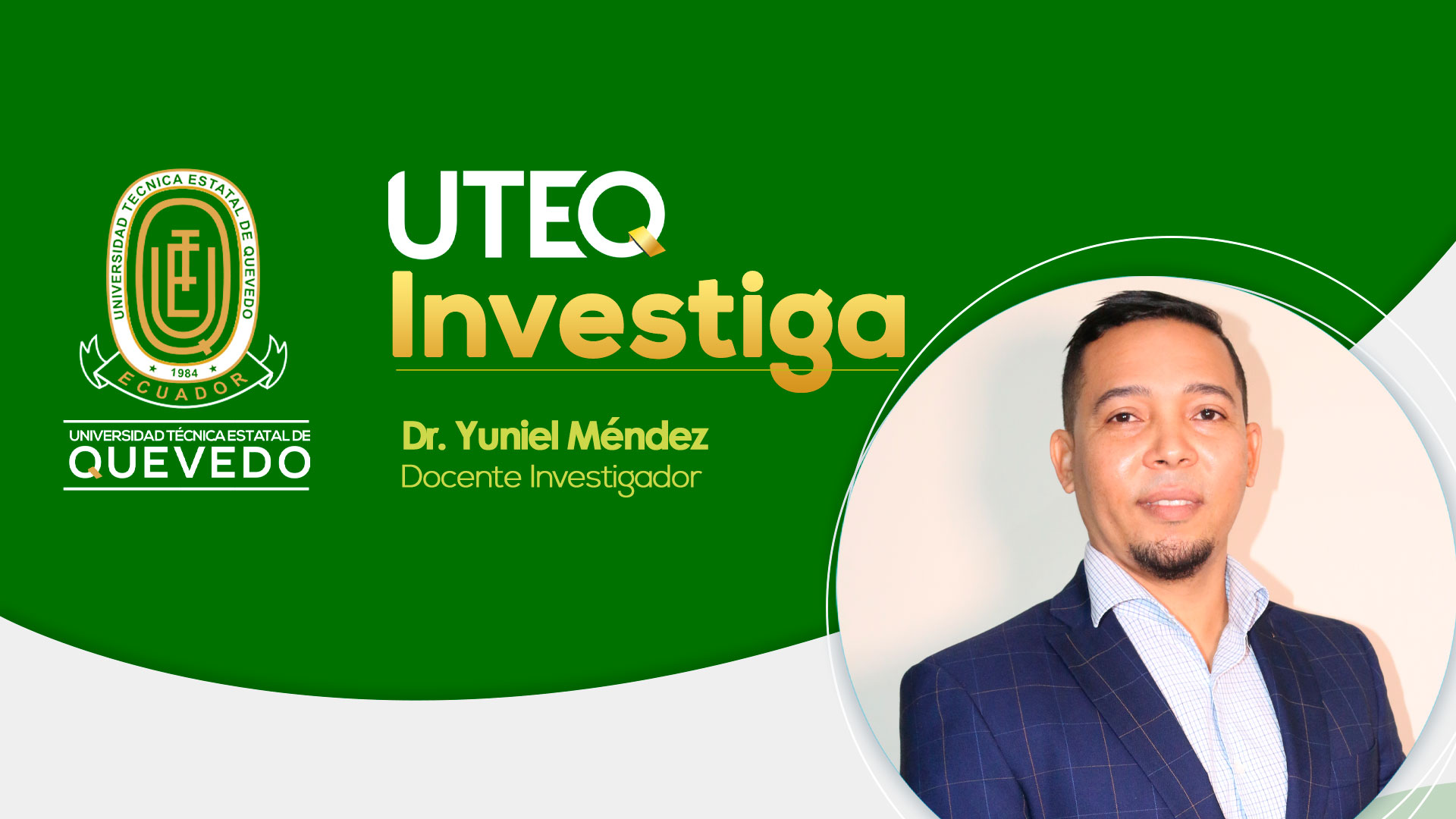Lines of Research
Operational objectives of the lines of research
In each line of research, annual operational actions are carried out as follows:
- Update lines of research and plan the necessary resources.
- Training and incorporating researchers.
- Coordinate the execution of research projects according to the lines of development.
Area and sub-area of knowledge UNESCO: Social sciences, business education and law/ Social and behavioural sciences/ Business education and administration/ Law
| Sub-lines |
|---|
| Study of the factors that promote the economic and social development of the population groups in the area of influence of the UTEQ. |
| Sustainable management of tourist resources. |
| Entrepreneurship, management and business development. |
Area and sub-area of knowledge UNESCO: Agriculture/ Agriculture, forestry and fisheries
| Sub-lines |
|---|
| Development of production systems that promote the efficient use of genetic resources. |
| Development and management of varieties and hybrids in crops of strategic interest for Ecuador. |
| Development of knowledge and technologies for alternative agriculture applicable to the conditions of the humid and semi-humid tropics of the Ecuadorian coast. |
Area and sub-area of knowledge UNESCO: Engineering, industry and construction/ Engineering and allied professions/ Industry and production
| Sub-lines |
|---|
| Development of technology for the transformation of agro-industrial raw materials. |
| Valuation of agro-industrial waste. |
| Optimisation of fruit and vegetable production processes. |
| Management, Innovation, Development and Sustainability of food and non-food processes and products. |
Area and sub-area of knowledge UNESCO: Agriculture/ Agriculture, forestry and fisheries
| Sub-lines |
|---|
| Assessment of water, air and soil quality, including mitigation alternatives to environmental impacts. |
| Development of technological solutions for waste management and promotion of alternative energies. |
| Territorial planning and environmental sustainability of human settlements and biodiversity. |
| Development of production systems that promote the efficient use of environmental resources. |
Area and sub-area of knowledge UNESCO: Education/ Teacher training and education sciences
| Sub-lines |
|---|
| Innovation, planning, execution and curricular evaluation. |
Area and sub-area of knowledge UNESCO: Science/ Life sciences/ Computer science
| Sub-lines |
|---|
| Soft Computing and Artificial Intelligence. |
| Software engineering applications. |
| Innovation in telematic and electronic systems. |
| Information security. |
Area and sub-area of knowledge UNESCO: Engineering, industry and construction
| Sub-lines |
|---|
| Renewable energies. |
| Electrical machines. |
| Transmission lines and energy efficiency. |
Area and sub-area of knowledge UNESCO: Health and social services
| Sub-lines |
|---|
| Health care, control and prevention system. |
Area and sub-area of knowledge UNESCO: Science/ Life sciences/ Computer science
| Sub-lines |
|---|
| Industrial and manufacturing technology development, design and management. |
| Design, simulation and prototyping of machine elements, mechanisms, structures and thermal systems. |
| Design, assembly, physical layout and commissioning of industrial plants with adapted and/or modified technology. |
| Ergonomics and psychosociology. |
| Safety at work. |




